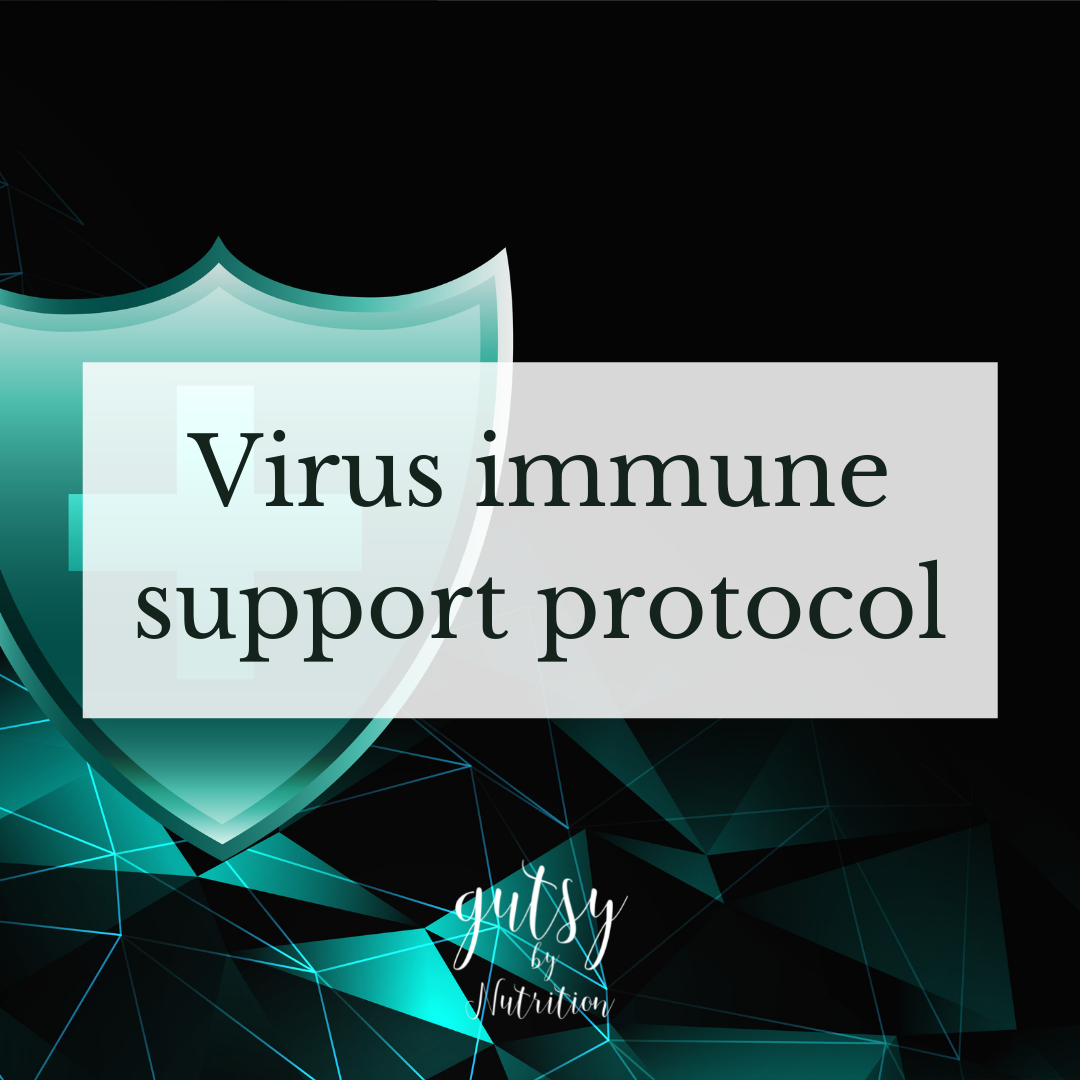Immune-supporting protocol for viruses
Before I go into the immune-supportive protocol for viruses, I’ve talked before about what a virus is. It is an infectious agent that can multiply only in the living cells of animals, plants or bacteria.
Unlike bacteria, parasites or fungi, a virus is not technically alive. It lacks cell structure, and cannot reproduce or undertake basic metabolic processes.
A virus is made up of nucleic acid – genetic material that is either DNA or RNA – and protein that can replicate. It is therefore not something that is free living, or strictly speaking, even an organism.
Viruses behave like parasites. Not only do they depend on their host for most of their functions, but they also use the energy and other metabolic functions of their host cell.
Viruses thus require a host. Hosts in animals may differ from protozoans (single-celled animal organisms) to humans.
How a virus behaves depends on how destructive it is towards its host cell and environmental conditions. Many viruses can lie dormant with our causing much, if any, harm until provoked, usually by environmental factors.
Interestingly, most viruses don't cause disease and can even help relay information that enables the host to better adapt to hostile environments.
The human body's innate immune system is the best weapon against cells infected with a virus is Natural Killer Cells. Once they identify a cell as having unusual carbohydrates or proteins on its surface, or that it's stressed, they will send a kill signal. This forces the cell to either kill itself or deliver destructive enzymes that destroy it.
Ensuring good general health is one of our body's best defences against harmful viruses.
This includes resolving gut health issues as this is where most of our immunity lies, eating whole foods, hydrating well, reducing and managing stress, and lowering exposure to pollutants like chemicals, pesticides and heavy metals.
But in terms of supplements, this is the general immune-building protocol I’m using, and advising my clients and family to take each day:
Nasal spray, use 2-3 times daily— a xylitol or colloidal silver spray is cleansing and immune supportive. Even a saline spray can help
Vitamin D, 3,000 mg – vital for the immune system. Ideally your levels should be 120 or over, so consider getting yours tested
Vitamin C, 1000 mg – get a whole food, liposomal version, or one that includes hesperidin, or eat lots of citrus
Quercetin, 2-4 x 500 mg – for immunity and helps with inflammation, which lowers your immune system
Multivitamin and mineral, 2 per day – a quality, food-based one (not your average synthetic one available in supermarkets)
NAC (N-Acetyl Cysteine), 600-1,200 mg – lung support, helps replenish glutathione (the body’s major anti-oxidant or disease fighter), liver support
Natural antiviral, 2-4 per day – I use MegaViron, which I’m finding powerful, but there are other good versions
Zinc citrate, 50 mg- Take this if you are male or have white flecks on your nails
EPA/DHA, 2,000 mg – anti-inflammatory, blood thinner, cell support
Glutathione (optional), 500 mg – Antioxidant immune support, but not everyone can tolerate this. Start with 1/4 dose and build up slowly
If you get a mild case of a virus, add in 5 mg Melatonin (at bedtime), double for stronger symtpoms (but take in the morning) - powerful anti-inflammatory, antioxidant, boosts immune function and glutathione
But of course for more serious symptoms, consider getting urgent medical support, ideally from an integrative (functional) doctor.
An important issue worth mentioning can be night time when your oxygen levels drops. Dr Darell Demello (a front line doctor and medical advisor to many governments) advises that some people may need to stay up all night and move regularly until the crisis is over - possibly for 1-3 nights.

